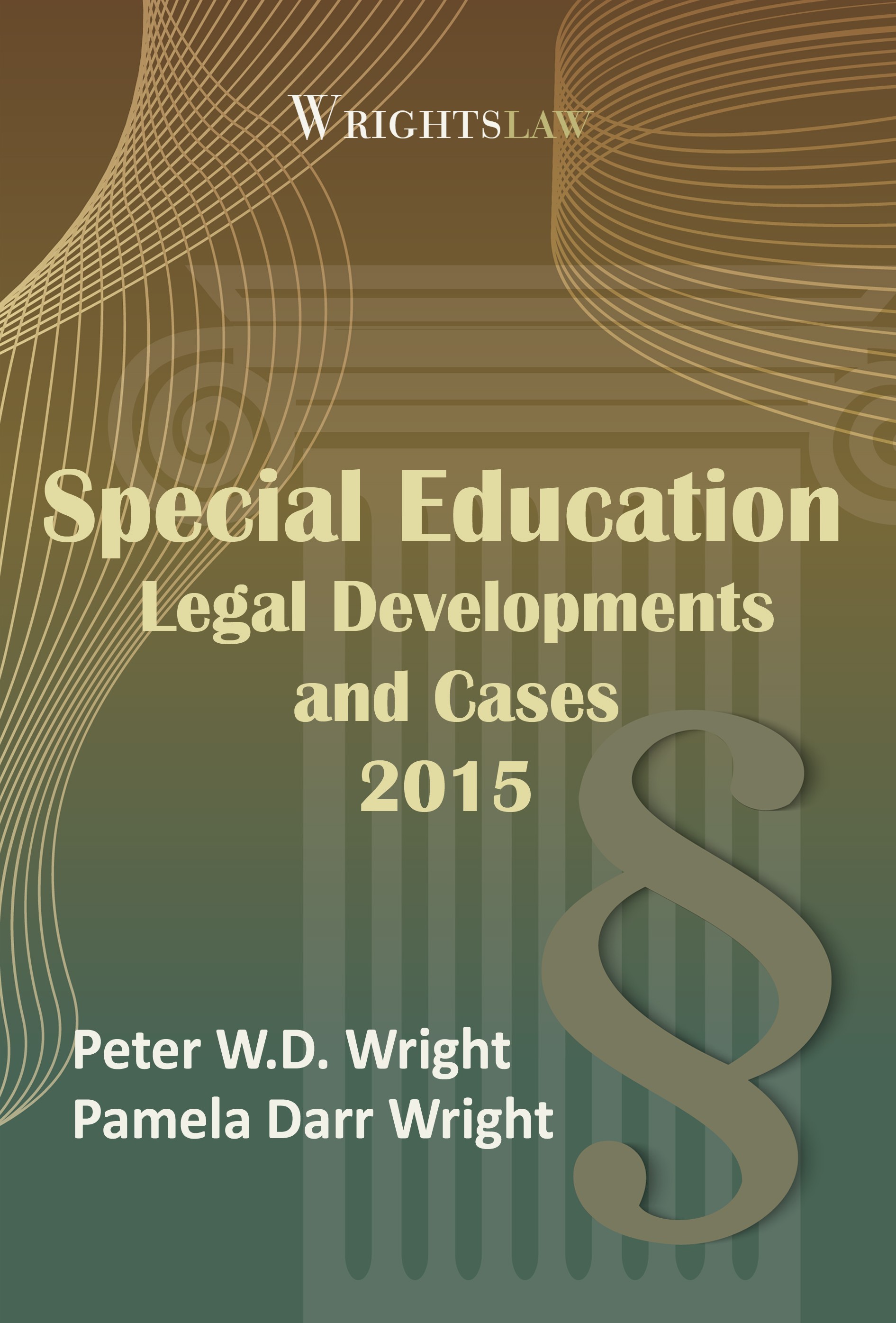My son’s school district agreed to an IEE but they are trying to limit the area of assessment. There are areas that I disagree with. There are also areas that they failed to assess. Can the district limit the areas or should an IEE be a full assessment?
A good question.
The U.S. DOE Office of Special Education Programs (OSEP) was asked this question and responded with a policy guidance letter.
Question: Can a parent request an Independent Educational Evaluation (IEE) in an area that was not previously assessed by the school district’s evaluation?
Answer: “ …the State must ensure that in evaluating each child with a disability under 34 CFR §§300.304 through 300.306, the evaluation is sufficiently comprehensive to assess the child in all areas related to the suspected disability, and must identify all of the child’s special needs, whether or not commonly linked to the disability category in which the child has been classified.” 34 CFR §300.304(c)(4)and (6)
When “a parent disagrees with a school’s evaluation because the school did not asses the child in a particular area, the parent has the right to request an IEE to assess the child in that area…”.
Read Independent Educational Evaluations – Letter to Debbie Baus (OSEP Policy Letter, 02/23/15)
http://www2.ed.gov/policy/speced/guid/idea/memosdcltrs/acc-14-012562r-baus-iee.pdf
OSEP Dear Colleague Policy and Guidance Letters are very useful when you need to educate school staff and administrators about their legal responsibilities.
 Wrightslaw: Special Education Legal Developments and Cases 2015 helps you stay up-to-date on policy guidance from OSEP.
Wrightslaw: Special Education Legal Developments and Cases 2015 helps you stay up-to-date on policy guidance from OSEP.
Chapter 2 includes actions and opinions from the U.S. Department of Justice (DOJ) and U.S. Department of Education and Rehabilitation Services (OSERS) and the Office of Special Education Programs (OSEP).
Wrightslaw: Special Education Legal Developments and Cases 2015 also includes legal developments and key decisions from the Courts of Appeals in IDEA cases during 2015.
In Chapter 3, a Table of Decisions includes the date, court, synopsis of legal issues, outcome, and prevailing party in the cases. Each case in the Table of Decisions is linked to a summary of the case where the Court’s words are used to describe the issues in the case and the Court’s rulings. Each case also includes a link to the full text of the decision as published in Google Scholar.
![]() Get your copy today! Order PDF from Wrightslaw – Immediate Download $14.95
Get your copy today! Order PDF from Wrightslaw – Immediate Download $14.95
Order Print Edition from Amazon





My question is, how do you get districts to understand and interpret it in this way? I know some do, but others do not see beyond their own long time policies. Aside from filing state complaints, any suggestions?
Call up your State DOE and file an informal complaint, then file a formal complaint if it is not adequately remedied.
My State DOE called the District up and told them to comply.
I actually filed a state complaint, for several things. They opened an investigation into one item which included this issue. MI BOE actually stated that the district is right regarding not having to do any evals outside of what was already done and because it was for OHI, it was only a classroom observation they had to redo.
They determined this,and the new guidelines form for determining OHI is legal and closed the case. I’ve since filed an OCR complaint because the issue is even much more than that, but still. Incredibly frustrating what districts can get away with because the law is written in a way that lets them make up the rules as they go…which is what they have been doing.
This is important information for parents to know, & be able to show schools. Some school attorneys do not agree with the OSEP letter, & believe OSEP has gone beyond their authority. So there is no telling what school administrators are being told by their attorneys.